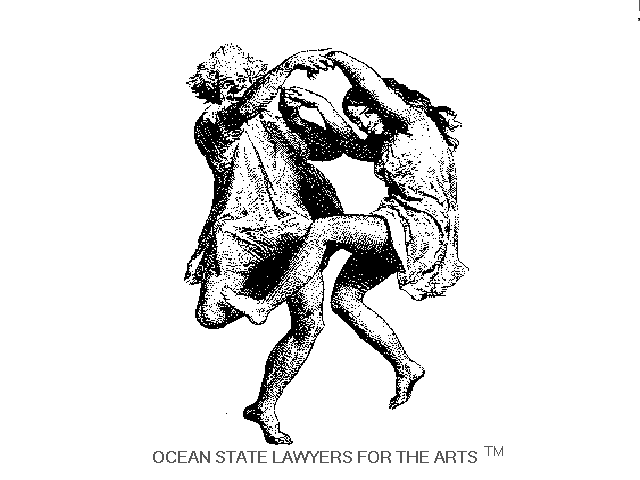
Assume that you have created five paintings and you want to exhibit or sell them. You decide to place them with a dealer who will handle the exhibition or sale in return for a percentage of the proceeds. Two weeks later, you learn that your paintings were stolen from the dealer. Without a written agreement or protective legislation, the dealer may not be responsible for your loss. You can make the dealer responsible by entering a consignment relationship.
A consignment arrangement with a dealer or gallery protects you if the works are destroyed or stolen, the dealer or gallery goes out of business and creditors go after your artworks, or the works are sold and the dealer refuses to pay you. Properly used, a consignment agreement will require the gallery or dealer to safeguard your work from damage or loss of value, as well as guarantee that you will receive the proceeds from any sales.
In order to create a consignment agreement, it is advisable that you always use a written agreement which is signed by you and the dealer. In some states, you do not have to create a consignment relationship on your own - state laws do it for you. These laws generally state that delivery of your work to a dealer, who accepts it, automatically creates a consignment, unless the dealer pays you the full price of the work on acceptance. (see VISUAL ARTIST RIGHTS) In such a consignment, the dealer holds your work, and proceeds from sales, in trust for you. Also, creditors of the dealer cannot take your work as payment for the dealer's debts. Finally, you would be entitled to payment of your percentage before the dealer's fee is paid.
Where the law creates the consignment, you may have several different remedies if the dealer fails to fulfill his obligations. You can sue for breach of contract, assuming you had one and can prove it. You can sue the dealer for a breach of the responsibilities created by the state consignment law. The dealer may even be subject to criminal violations, as would be the case in California.
First Published Version, copyright 1990 David M. Spatt.
INDEX TO ARTS & LAWSTHIS WEBSITE CANNOT BE USED AS A SUBSTITUTE FOR SOUND LEGAL ADVICE FROM A COMPETENT ARTS OR ENTERTAINMENT ATTORNEY. In the event of a legal problem or question, specific legal consultation is advised. This website is intended only as a means of educating arts organizations and artists of all disciplines as to their potential legal rights and liabilities. The information provided is made available with the understanding that neither OSLA nor the office of David M. Spatt is engaging in the rendering of legal counsel.
copyright 1997 David M. Spatt, All rights reserved
Reproduction is prohibited without the express written consent of the author
